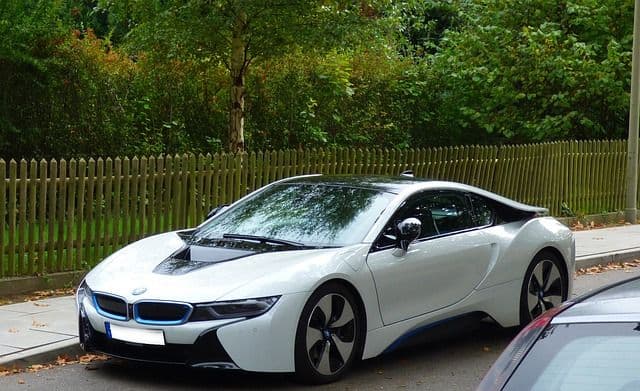Electric Cars – The Future?

The demand for the electric cars is increasing day to day. Be it keeping the environment in the mind or the craze for the cars, in the future, many companies are going to manufacture the cars and production is going to increase though it is very low now.
As per the definition of the Wikipedia, an electric car is nothing but an automobile that is propelled by one or more electric motors with the electric energy stored in rechargeable batteries. The first practical electric cars were produced in eighteenth century. check out the list of car to be displayed at auto expo 2018 .
The electric cars were so popular in the late 19th century and the early 20th century, until advanced in the internal combustion engines, electric strategies to be precise, and mass production of the cheaper gasoline commercial use in the USofA. In the New York, the taxies were electric and they were manufactured by the Philadelphian Electric Carriage and Wagon Company.
The way the companies used to manufacture the electric vehicles changed a bit due to the advances in the batteries, concerns about increasing oil prices, and then the desire came to reduce the greenhouse gas emissions. There are many countries and the local governments that have established the tax credits, subsidies, and the other incentives in order to promote the introduction and the now to adopt in the mass market of the new electric vehicles, but it depends on the size of the battery and their all-electric range.
All the electric cars depend on charging and the recharging of a car takes a long time and in many countries, there is a patchy recharging infrastructure. The cost limits for a battery vary and increase the purchase cost over IC vehicles. The drivers also sometimes suffer from the range anxiety – the fear that the battery will be depleted before reaching their destination.
As per the records of the year December 2015, there used to be more than 30 models of highway legal-all electric passenger cars and the utility vans that are available. The cumulative global sales of highway-capable light-duty pure electric vehicles are passed a million units in total and also globally in September 2016.
As of the year 2013, the electric cars are significantly expensive than the conventional internal combustion engine vehicles and the hybrid electric vehicles because of the cost of their battery pack. But these battery prices are down to about 8% per annum with a mass production, and are expected to drop further more as the competition keeps increasing.
And according to a survey of the year 2010, more than three quarters of the American and British car buyers would consider buying an electric car, but they would be unwilling to pay more cost for an electric car.
Total Cost of ownership.
As per a report in 2010 by J.D. Power and Associates, it is not clear to the consumers about the total cost of the ownership of the battery by the electric vehicles over the life of the vehicle, and there is still much confusion about how long a owner would have to owns an electric vehicle to realize the cost of the savings on the fuel. In comparison to a vehicle powered by a conventional internal combustion engine (ICE). The resale value of the HEVs and BEVs, as well as the cost of replacing the depleted battery packs, and the other financial considerations that can weigh heavily on the minds of a consumer.
So, as of now, it takes at least half a decade for the electric cars to be used as much as the cars that run on the fossil fuels.






